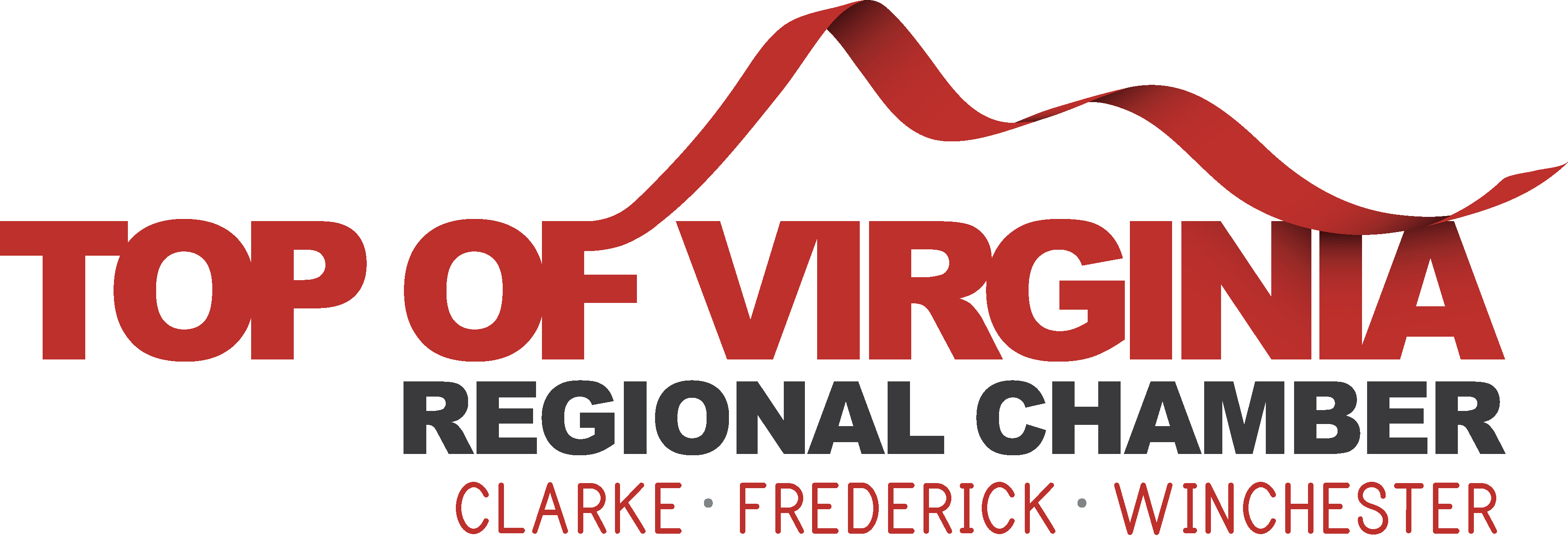Build a Stronger Small Business with Expert Data Management
Data has become a vital cornerstone for modern business success, making its management essential for long-term viability. Safeguarding sensitive information fosters trust among stakeholders while supporting uninterrupted operations. Structured approaches to data governance align organizational practices with strategic goals, enhancing both security measures and workflow efficiency. Clear protocols for handling information responsibly enable businesses to make smarter decisions that reinforce their competitive positioning. Effective data management is an ongoing necessity, ensuring adaptability in an increasingly regulated environment.
Building Small Businesses with Data Governance Frameworks
Adopting structured data governance frameworks can significantly enhance your data handling processes. Frameworks like the Data Management Body of Knowledge (DMBOK) and the Control Objectives for Information and Related Technology (COBIT) provide essential guidelines and protocols that help manage, protect, and utilize data effectively. By implementing these frameworks, you can align your data practices with strategic goals, ensuring data quality and security. These frameworks empower you to harness your data assets, driving informed decision-making and competitive advantage.
Safeguarding Sensitive Information with Secure Document Practices
Protecting your employees' and customers' data is essential to maintaining trust and ensuring compliance with privacy regulations. One effective way to enhance security is by saving sensitive documents as password-protected PDFs, adding an extra layer of protection. If you need to make a document accessible to multiple users, you can adjust the security settings to remove the password requirement and streamline access. For detailed instructions on securing your documents, click here to learn more about PDF security features and best practices.
Empowering Small Business Growth Through Data Governance
Strong data governance enables small businesses to grow while protecting sensitive information and maintaining accuracy. Establishing clear practices reduces the risk of breaches and ensures reliable decision-making. Cloud-based tools offer accessible, scalable solutions with built-in security and organizational features. A cultural commitment to responsible data handling fosters trust and accountability across teams. Prioritizing these principles keeps your business adaptable and competitive.
Harnessing Data Governance for Small Business Success
A strong data governance framework enhances your ability to stay competitive by ensuring data integrity and reliability. It enables agile responses to shifting market demands while fostering innovation in products and services. Accurate and accessible data supports informed decision-making, which improves operational processes and strategic outcomes. While implementation may involve upfront costs, the benefits of reducing risks and aligning with regulatory requirements provide substantial long-term value. An effective strategy in this area empowers businesses to navigate complex challenges and capitalize on emerging opportunities.
Affordable Data Governance Solutions for Small Businesses
Small businesses can enhance data governance with affordable tools designed to protect and manage critical information. Many options provide essential features without the hefty price tag, allowing businesses to start small and scale as needed. Even basic solutions offer functionalities that improve data management and support better decision-making. Cost-effective tools tailored to specific needs ensure businesses can maintain control over their data without overspending. Thoughtful choices in tools and services make it possible to achieve meaningful progress while staying within budget.
Utilizing Blockchain for Secure and Transparent Data Management
Integrating blockchain technology into data management enhances both transparency and security by using a decentralized network. Data is stored in an immutable chain, where each record is cryptographically linked, preventing unauthorized changes. This structure provides a reliable, verifiable ledger that reinforces trust in digital information. Businesses benefit from streamlined audits and greater protection against breaches, reducing risks associated with tampering or fraud. Employing blockchain ensures that critical records remain secure and maintain their integrity over time.
Navigating Ethical Challenges in Data Governance for Small Businesses
Small businesses face critical challenges in ensuring ethical data practices, including addressing bias and maintaining transparency to uphold trust. Ensuring decision-making processes rely on diverse, representative data helps prevent unfair outcomes while reinforcing accountability. Transparent practices signal a commitment to fairness, cultivating trust and credibility with stakeholders. Ethical approaches to data handling reduce the risk of reputational harm and encourage long-term loyalty. A consistent focus on integrity strengthens relationships and promotes lasting success.
Focusing on data governance can elevate your business operations and establish a foundation for consistent growth. Strong frameworks and ethical practices safeguard critical information while enhancing decision-making processes. Prioritizing these efforts supports adaptability and positions your organization to excel in competitive environments. Protecting data integrity builds trust with stakeholders and fosters confidence in your brand’s reliability. Such measures encourage sustainable success amid shifting market demands.
Discover unparalleled networking, advocacy, and professional growth opportunities by joining the Top of Virginia Regional Chamber today, and become a part of a thriving business community!
